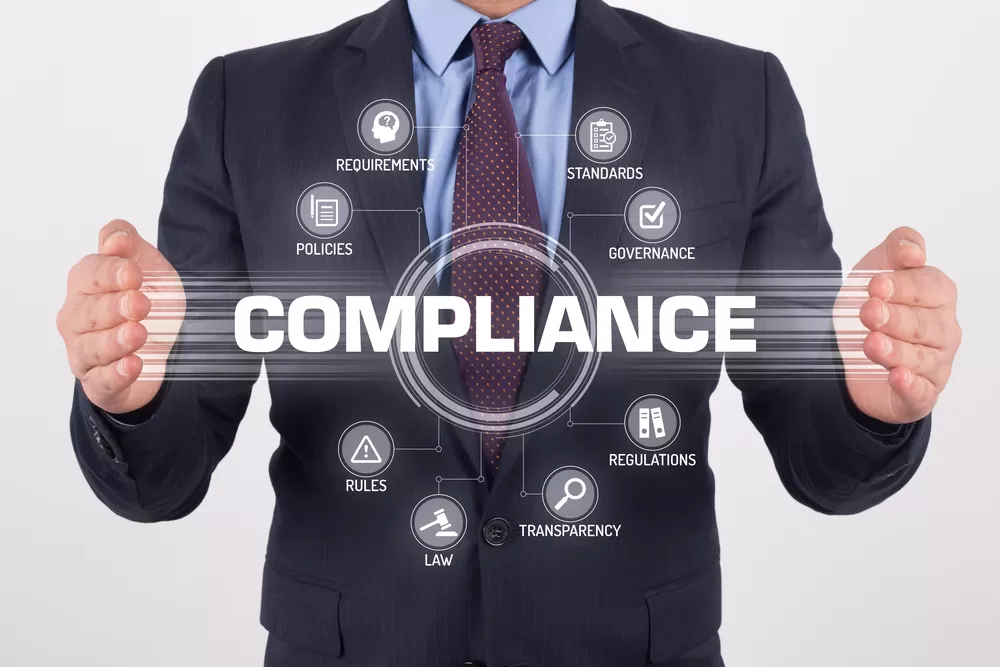HR professionals are expected to understand and take steps to ensure compliance with all of the federal, state, and local requirements involved with the operation of a business. Since these laws and regulations change frequently, ensuring compliance is no easy task. A HRIS can help HR professionals to comply with regulations and can also make the process of compiling information and reports much less painful and time consuming.
1. Provides Updated Information about Requirements
A HRIS can take the stress out of trying to keep up with changing regulations and laws by continually providing updated information about laws affecting the particular business. Cloud-based HRIS solutions often update compliance information automatically and may even be capable of sending alerts when regulations or compliance requirements change. HR professionals and employers may have to configure the system to enable alerts and updates, so this is something that should be addressed during HRIS implementation.
2. Makes Paperwork Completion, Storage, and Organization Easier
HRIS software is often thought of as a glorified electronic filing cabinet, but in truth it can be much more. Using HRIS throughout the onboarding process can help employers to ensure that all of the necessary forms are filled out, organized, and saved for the appropriate length of time. Information that must be compiled into reports for audits or to send to appropriate officials is easily accessible and can be printed or sent with just a few clicks.
3. Helps with Wage and Hour Law Compliance
When HRIS includes or is integrated with time and attendance tracking software, it is much easier for employers and HR professionals to keep tabs on overtime, hours worked, break periods, benefit eligibility and other compliance-related matters. It may be possible to configure HRIS to send alerts when employees are approaching overtime or when employees are due for a break to help ease compliance worries and avoid penalties and legal issues.
4. Allows Better Compliance Oversight
In addition to making it easier for organizations to understand how to comply with regulations and automating the systems for reporting and complying with those regulations, HRIS can also make it easier for organizations to check and make sure they are complying with certain regulations. Checking information regarding employee forms, hours worked, benefits, offboarding processes, and many other matters is much simpler when done through a HRIS than when done by hand. If issues are found, HRIS may also make it easier to notify the appropriate parties about actions needed to correct those issues.
5. Mitigates Errors That May Result in Non-Compliance
When spreadsheets or manual process are used to keep track of sensitive employee information, payroll calculations, and other requirements, it is easy to make errors. While it is possible for a HRIS to make errors that result in non-compliance, the chances are much slimmer than when these actions are performed by human hands. HRIS often include settings that will notify users if there are possible discrepancies, which can help to further reduce the likelihood of errors.












